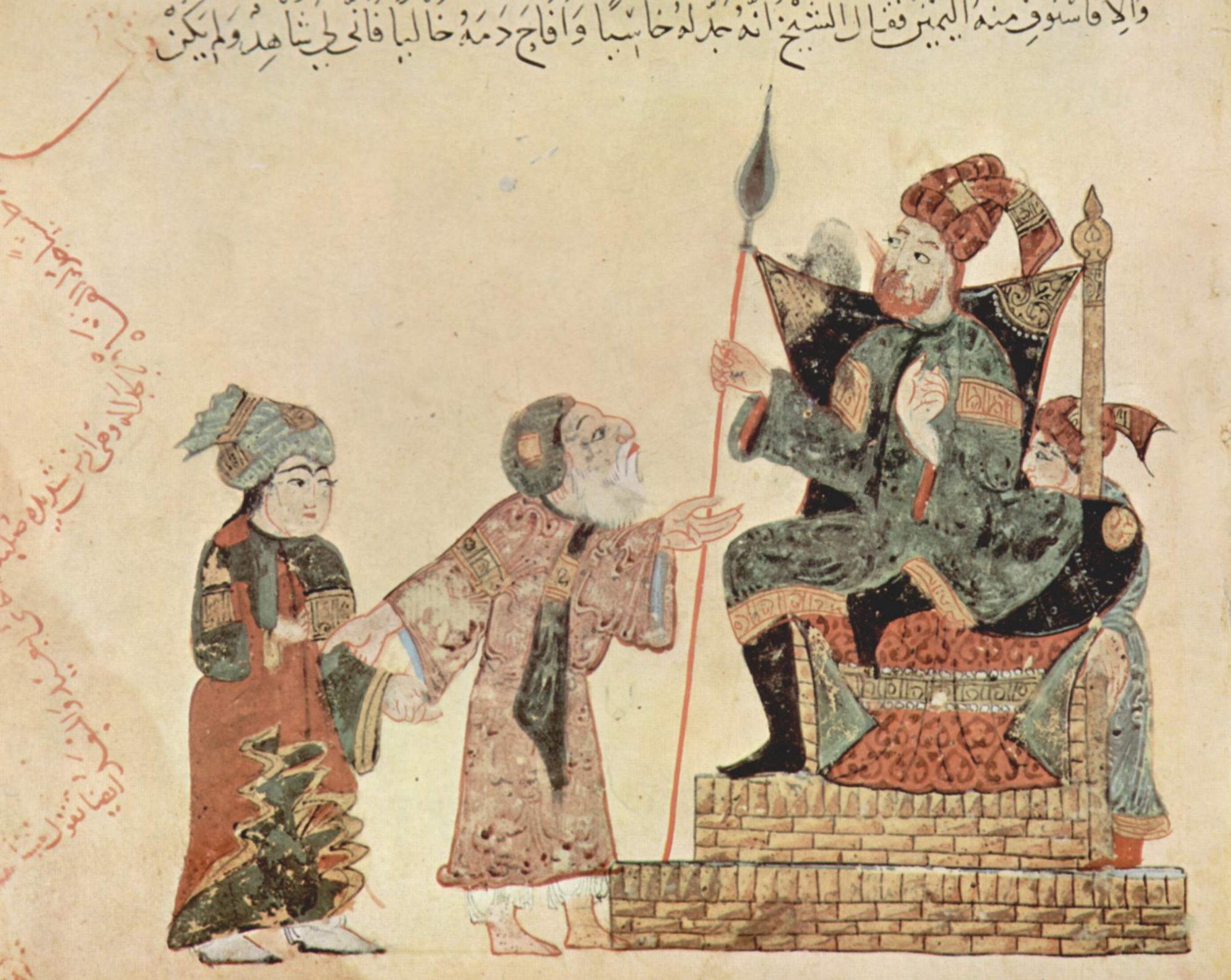I was asked to share in writing some personal remarks of how I as a team member experienced the project workshop held recently in Rabat. The following are some short reflections.
First: Why Rabat? Each of the four project teams is scheduled to organize and host one project workshop during the two-year project period. The first team out was the Dutch one, led by prof. Leon Buskens (Leiden University). We had originally expected to be invited to Leiden, but prof. Buskens also happens to lead the Dutch research institute in Rabat called NIMAR, and the workshop was early on decided to be held there rather than in Leiden. Personally for me, that was great, not having been to Rabat before.
The workshop’s main focus was “custom” and how custom is referred to in order to legitimate both continuities and changes in Islamic law. Several of the presentations were held by Moroccan specialists (and practitioners, like judges) in Moroccan family law and issues related to women’s ownership of common land, two fields where much has changed the last couple of decades in Moroccan law and legal discourse. We therefore got a deep empirical backdrop for the more methodological and theoretical discussions on how “the past” and hereunder custom, is used in contemporary Islamic legal discourses and the many ways custom can be incorporated into both Islamic law and national state law, and a mix thereof.
The workshop not only focused on custom, it was also a project workshop for the internal project members where each of us held a presentation. Since we are still in the beginning, this was also a good time to discuss the details of the outline of our research plans, including the main issues related to theory and methods. While everyone in the project subscribes to belonging to the broad category of “Islamic studies” and “Islamic legal studies” more specifically, many of us do have different disciplinary backgrounds. To simply have time to talk about the different backgrounds, perspectives and interests and how it can constructively fit together was highly valuable.
Actually, for me as a project post-doc, who does not have as good an overview over the field as the professors, to simply have plenty of time in breaks, meals, walks to and from the venues was very important, also in order to hear more about the background of the ideas behind the project. In the project we do have monthly meetings via internet, but the informal and spontaneous meetings we had in Rabat, in smaller groups, or even one-to-one, was useful for me.
After the two day workshop most of us had a full day to see the city of Rabat and its once neighbour-city, Sale. Browsing through several of the city’s bookshops was of course high up on the to-do-list. Having several Morocco-experts in the group made the “self-guided tour” fascinating to take part in.

